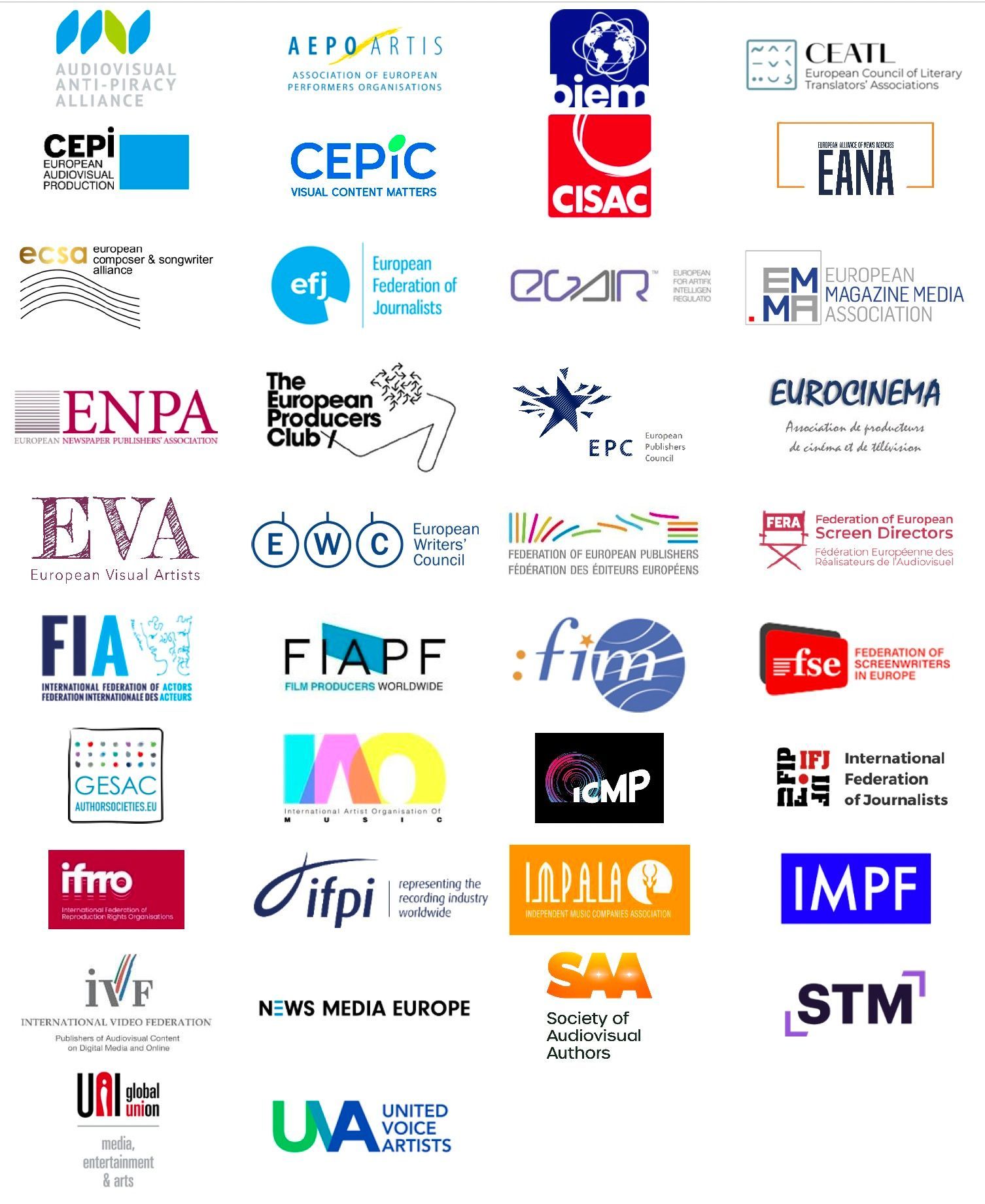AAPA expresses strong concerns after the IMCO vote on the Digital Services Act (DSA)
15 December 2021
We, as the Audiovisual Anti-Piracy Alliance ( AAPA ), are representatives of a broad range of companies involved in the fight against illegal audiovisual content. Our membership includes the whole audiovisual value chain, such as rightsholders, platform operators, telecommunication companies, OTT providers, broadcasters and technical service providers. Our aim is to tackle audiovisual piracy, particularly pertaining to the development, promotion, distribution, application or use of technologies aimed at allowing illegal access to audiovisual content .
We are very concerned about the European Parliament Internal Market and Consumer Protection (IMCO) Committee’s draft report on the Digital Services Act (DSA) which was adopted yesterday. While the report fails to address audiovisual piracy as one of its core issues, some of the modifications proposed even represent a dangerous step back in comparison to the current legislative framework and would have strong detrimental effects on the whole audiovisual industry.
In particular, the introduction of a “stay-up principle” in article 14(3)a, which provides that notified content shall remain accessible while its legality is being assessed by providers of hosting services, will inevitably lead to a longer retention of illegal content online and would have adverse effects in the already difficult fight against audiovisual piracy. This provision will be extremely harmful for the whole audiovisual value chain , and simply catastrophic for right holders and broadcasters of live content, for whom it is of utmost importance to ensure that pirated content is swiftly removed due to the time sensitivity of such content whose value resides in the live.
Furthermore, the introduction of new transparency requirements for entities willing to become trusted flaggers (Article 19) are burdensome and would discourage more entities to apply to this status. AAPA also wishes to clarify the type of entities that can apply for this status and to extend it to include notably, rights holders, licensees, technology vendors and other relevant entities. They have demonstrated a strong expertise and a high rate of accuracy when flagging illegal content, and we believe that they should be granted the status of trusted flaggers.
Finally, AAPA also regrets that the IMCO text has missed the opportunity to:
· Clarify the wording in recital 22 specifying that “expeditious removal” of illegal online content means “as fast as possible and immediately” during live broadcasts.
· Clarify the definition of “hosting service” (article 2) to include services that not only store information but also enable the storage of information as well as services that consist in the provision of IP addresses allowing the anonymous use of domain names and websites. These include dedicated servers [1] /rental service providers, and reverse proxies [2] , where currently there is an uncertainty regarding the liability regime applicable to them although they greatly facilitate piracy.
· Extend the traceability requirements for professionals to all intermediaries (Article 22). We believe that this obligation should apply to all digital services, regardless of their active or passive nature, by making it mandatory to collect data and verify the identity of professional clients who wish to use their services.
The future financial health of the European audiovisual industry depends on the solutions that the DSA will provide to tackle online piracy. We urge the Members of the European Parliament to take our concerns into consideration ahead of the plenary vote expected in January.
About AAPA
The Audiovisual Anti-Piracy Alliance ( AAPA ) represents 30 companies involved in the provision of protected audiovisual services, security technology for protecting such services and the manufacturing of products which facilitate the delivery of these services. Our membership is geographically diverse with companies from Europe, the Middle East, Russia and America, and includes the whole audiovisual value chain, such as rightsholders, platform operators, telecommunication companies, OTT providers, broadcasters and technical service providers. Many of our members are global businesses.
Our aim is to tackle piracy, particularly pertaining to the development, promotion, distribution, application or use of technologies aimed at allowing illegal access to content. Members are facing a concerning growth in volume of unauthorised use of protected audiovisual content. Within AAPA, they coordinate intelligence and action through effective dialogue and interaction with other stakeholders and law enforcement,
[1] “Dedicated servers” are hosting services in which a physical server is dedicated to a single business customer.
[2] A “reverse proxy” is a common type of proxy server (i.e. a server application or appliance that acts as an intermediary for requests from clients seeking resources from servers that provide those resources) that is accessible from the public network. Large websites and content delivery networks use reverse proxies, to balance the load between internal servers. Reverse proxies are typically owned or managed by the web service, and they are accessed by clients from the public internet.












